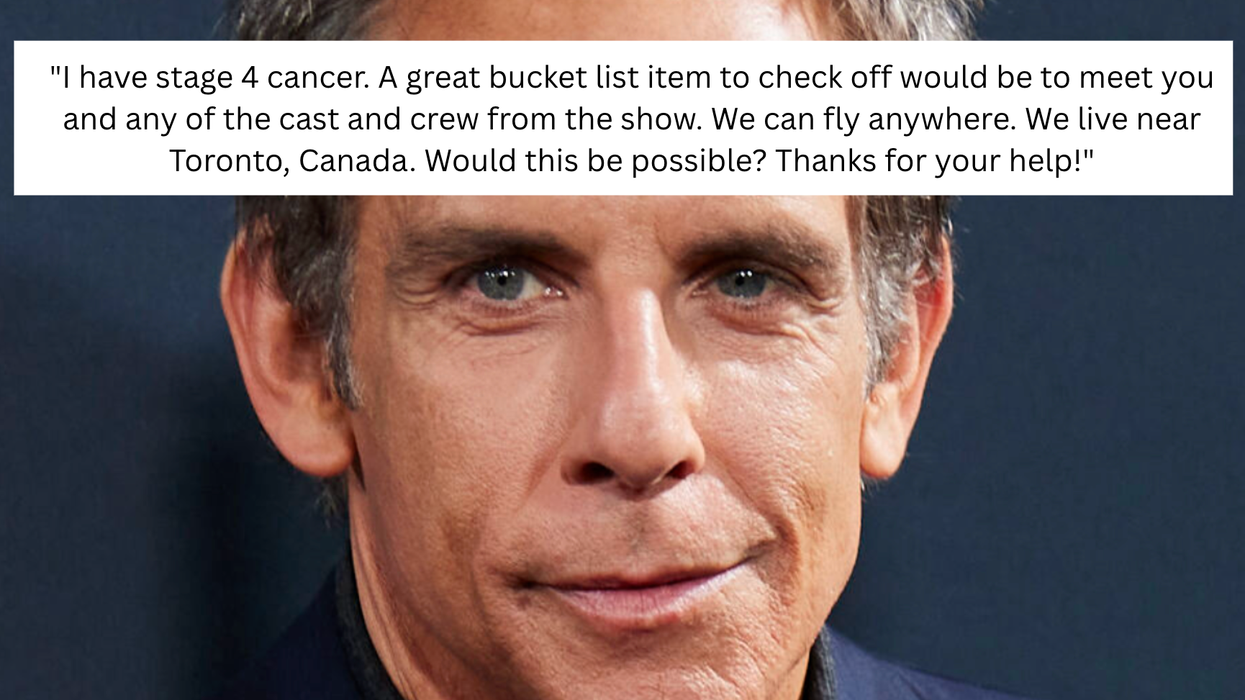The internet bubble 2.0 chatter is in overdrive after Groupon filed for an IPO yesterday. While I don't particularly care about the IPO or any of the internet bubble 2.0 chatter, I can't stop thinking about Groupon, particularly, its beginnings.
I just can't get beyond the fact that Groupon was started by some real, honest-to-goodness do-gooders. That it grew out of ThePoint.com—a platform for collective action, generally of the altruistic sort—is just endlessly fascinating to me, and I'm conflicted about it. Did they really just "sell out" to start "hawking coupons," as Groupon CEO and founder Andrew Mason writes in his oddball IPO cover letter? Should I be happy that, in this case, some actual, real good people came out on top? Should I be pissed that ThePoint.com has been essentially abandoned at this point?
That last question is the one that really preoccupies me. Back in those cheery, wide-eyed days of 2008, I was optimistic about the potential of ThePoint.com. I was pumped that David Cohn used it so handily to raise funds for journalistic endeavors through Spot.us. I bought into the vision of a useful platform for helping positive social movements reach essential "tipping points" of fundraising or participation. So after learning about the Groupon IPO, I actually found myself reading through old ThePoint.com blog posts written by Mason, and stumbled across this bizarre and sort of incredible video. It's Mason in 2008, pretending its 2013, and talking bald and raspy-voiced "from the future" about what ThePoint.com has grown into, and the amazing worldchanging movements it's capable of organizing.
[vimeo][/vimeo]
This is the same guy who is now a billionaire coupon magnate!
Taken side-by-side, this video describing what ThePoint.com might have been and the IPO letter that attests to Groupon's success provide a fascinating contrast. It's obvious that Mason still holds in his heart the ideals the lead him to launch the collective action platform. Or at least he wants to portray himself as a tech tycoon with a consceince in the mold of Larry and Sergey from Google. Either way, it is hard to begrudge Mason for abandoning a passion project when the payoff of "selling out" is so incredibly massive.
Still, I really do mourn what was lost as ThePoint.com got shoved aside for what is, ultimately, a platform to fuel consumer culture. And I don't quite understand why—given the company's incredible spending—not even a tiny fraction of that money is directed to breathing life back into Mason's original passion: collective action for cause.
















 Otis knew before they did.
Otis knew before they did.